The Supreme Court on Tuesday listed—as item number one—a plea that challenges the transparency of the NEET-PG 2025 evaluation process. Filed by medical aspirants, the petition demands greater clarity on answer-key disclosure, candidate response sheets, and grievance redress mechanisms.
With hundreds of careers tied to a single exam score, the Court’s decision to prioritize the matter signals its recognition of the stakes.
The Petition: Core Demands
The aspirants’ case centers around:
- Access to response sheets: So candidates can cross-verify against the official key.
- Transparent answer keys: Requiring version control, timestamps, and annotations for disputed questions.
- Fair recheck process: With adequate windows for raising objections.
Petitioners argue that without these, “meaningful verification is impossible.”
Why Transparency Matters in Entrance Testing
High-stakes exams like NEET-PG decide specialization, residency, and career trajectories for thousands of doctors. Alleged discrepancies or opaque processes can undermine trust in:
- Meritocracy: Students want assurance that every mark is counted fairly.
- Accountability: A structured grievance window reduces legal challenges and protests.
- Public confidence: Medical education requires not just fairness but also its visible demonstration.
Past Precedent and Pending Questions
- The Court had earlier adjourned the plea, seeking a full response from the National Board of Examinations (NBE).
- Students reference models from IIT-JEE and CAT, where candidate response sheets and objection windows have become standard.
- Key legal question: Can such disclosure coexist with exam security and confidentiality obligations?
The National Board of Examinations’ Likely Stand
NBE is expected to argue that:
- Full disclosure risks question-bank leaks and undermines future exams.
- Security and fairness require a balance, not blanket transparency.
- Current mechanisms already ensure integrity through digital audit trails.
The Court must weigh these against the students’ demand for verifiable fairness.
Expert Voices
- Education Policy Analyst: “Audit trails, timestamps, and controlled answer-key disclosure are entirely feasible with modern tech. The issue is institutional will.”
- Medical Faculty Member: “NEET-PG shapes healthcare’s future workforce. Even perception of opacity is damaging.”
- Lawyer representing aspirants: “We are not seeking to compromise exam security, only to guarantee procedural fairness.”
Implications Beyond NEET-PG
If the Supreme Court issues new norms, they could influence:
- UGC-NET and UPSC exams: where similar demands exist.
- Engineering and medical entrance tests: where lakhs of students face evaluation anxiety.
- Judicial benchmarks: establishing “transparency as a constitutional value” in educational testing.
What Students Want: A Possible Framework
Aspirants’ wishlist for NEET-PG 2025 and beyond:
- Downloadable response sheets within 48 hours of result declaration.
- Official answer key with annotations explaining changes between provisional and final versions.
- Objection window of at least 72 hours with defined fees and refund policies.
- Independent audit logs accessible in anonymized form for verification.
Conclusion: A Crucial Test for Trust
The Supreme Court’s decision to list the NEET-PG transparency plea first today highlights how central education fairness has become in constitutional jurisprudence. Whether the outcome mandates modest tweaks or wholesale reforms, the case is poised to shape how India balances test security with students’ right to transparency.
#NEETPG #SupremeCourt #Education #Transparency #Students #Exams #MedicalEducation #Fairness







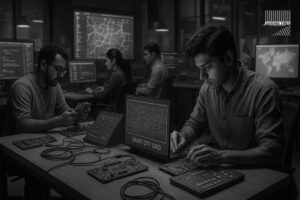



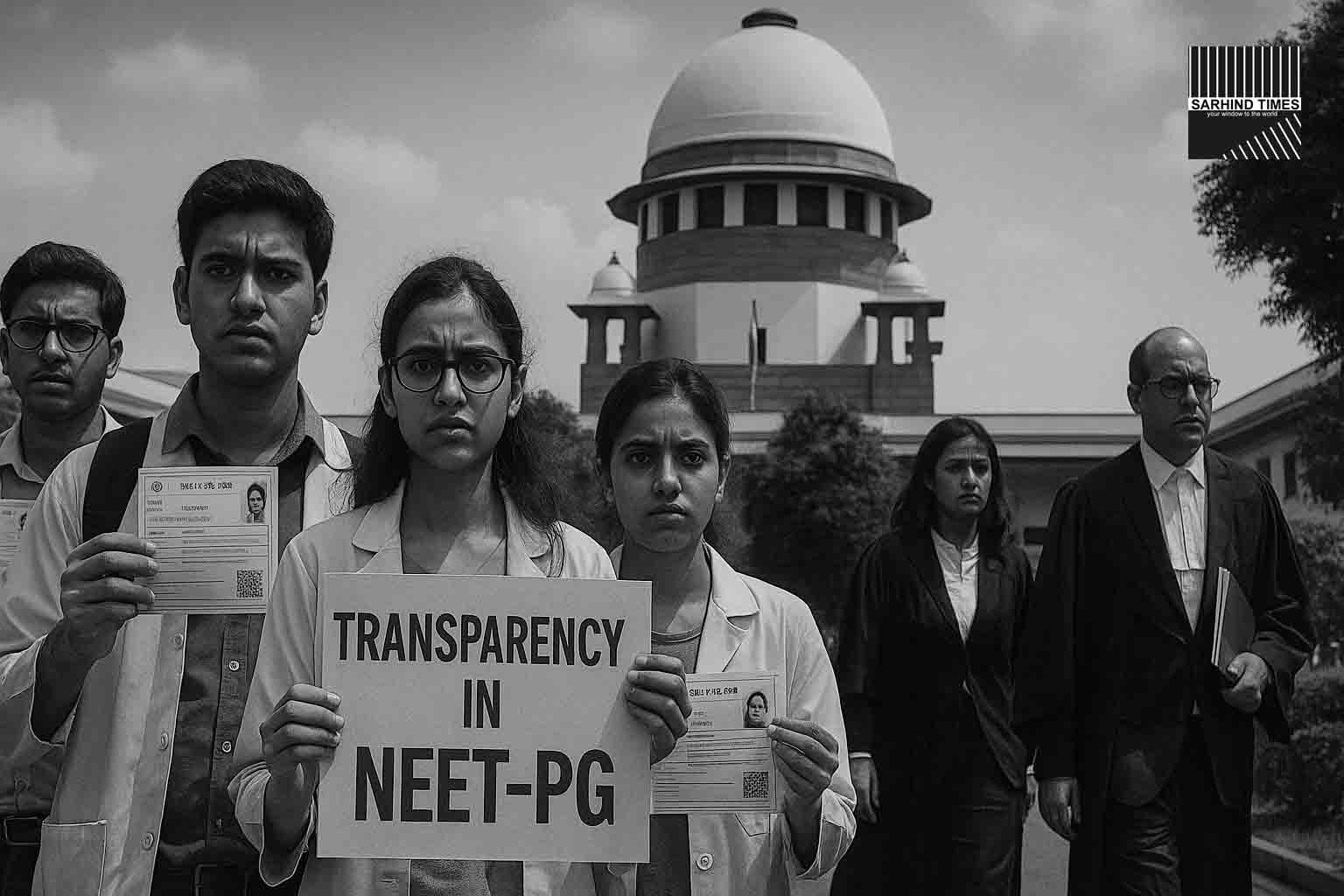

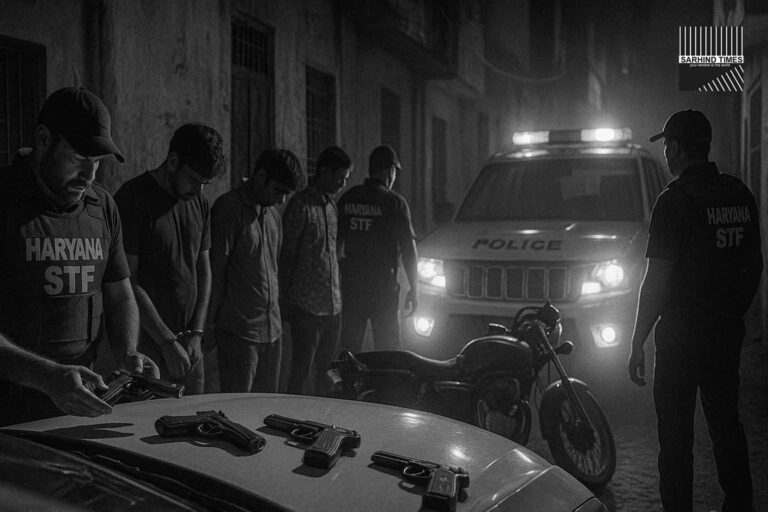
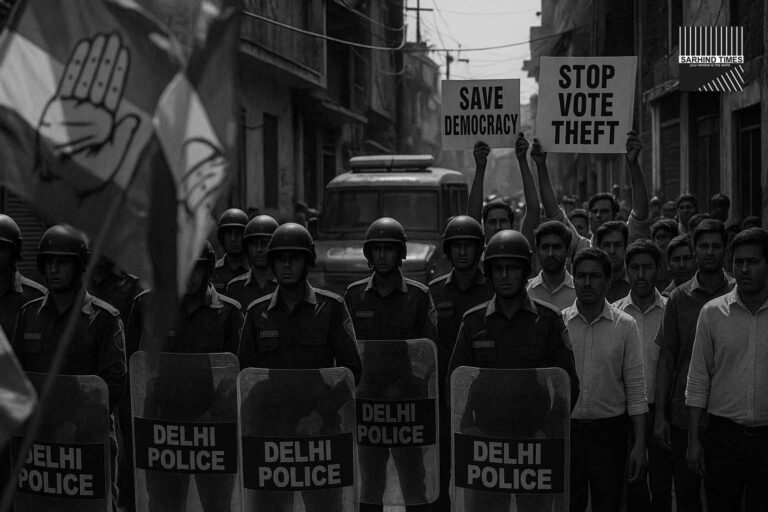
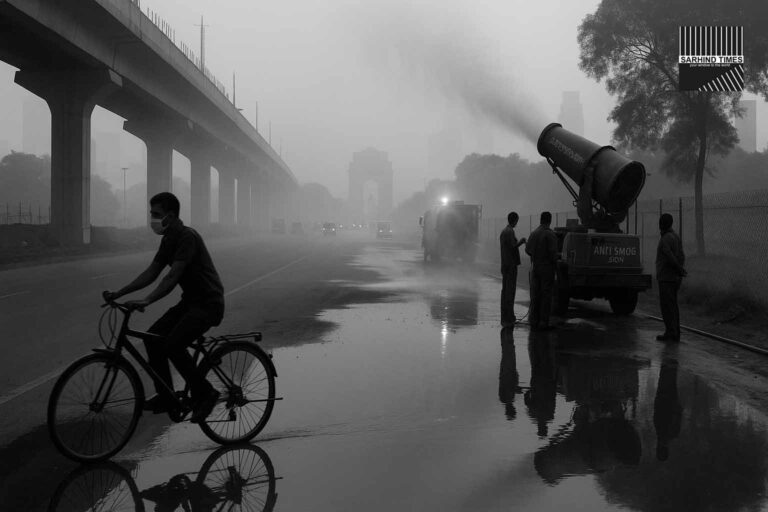
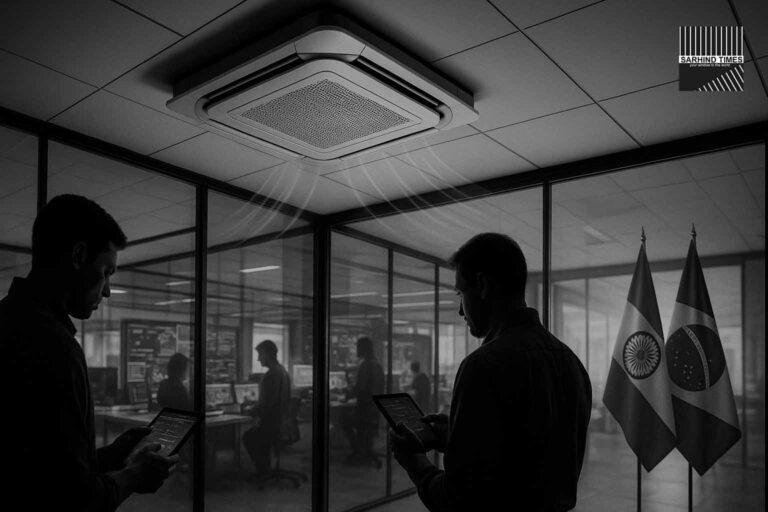

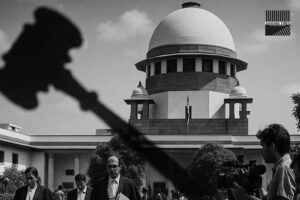


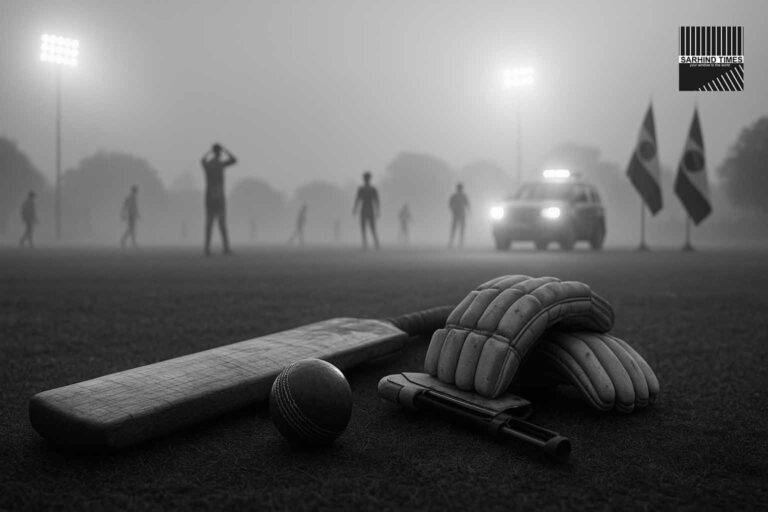
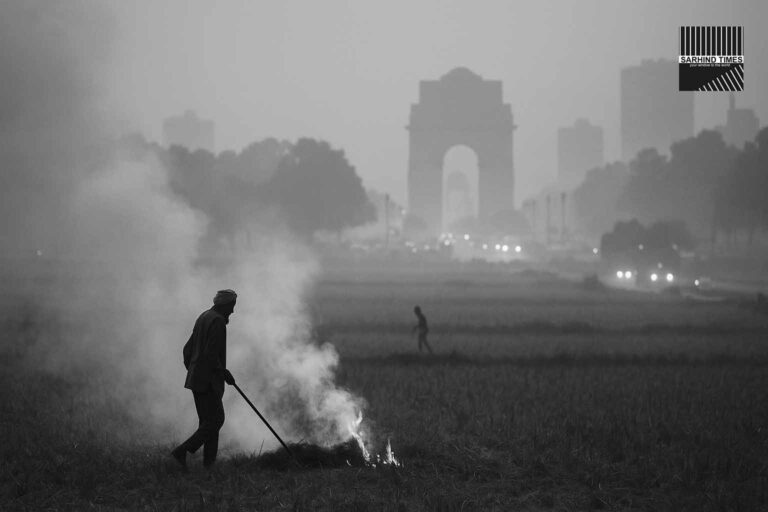
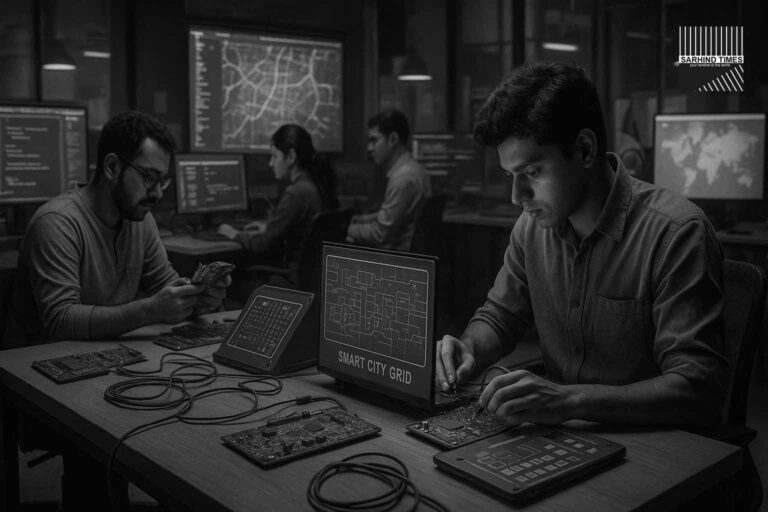
+ There are no comments
Add yours